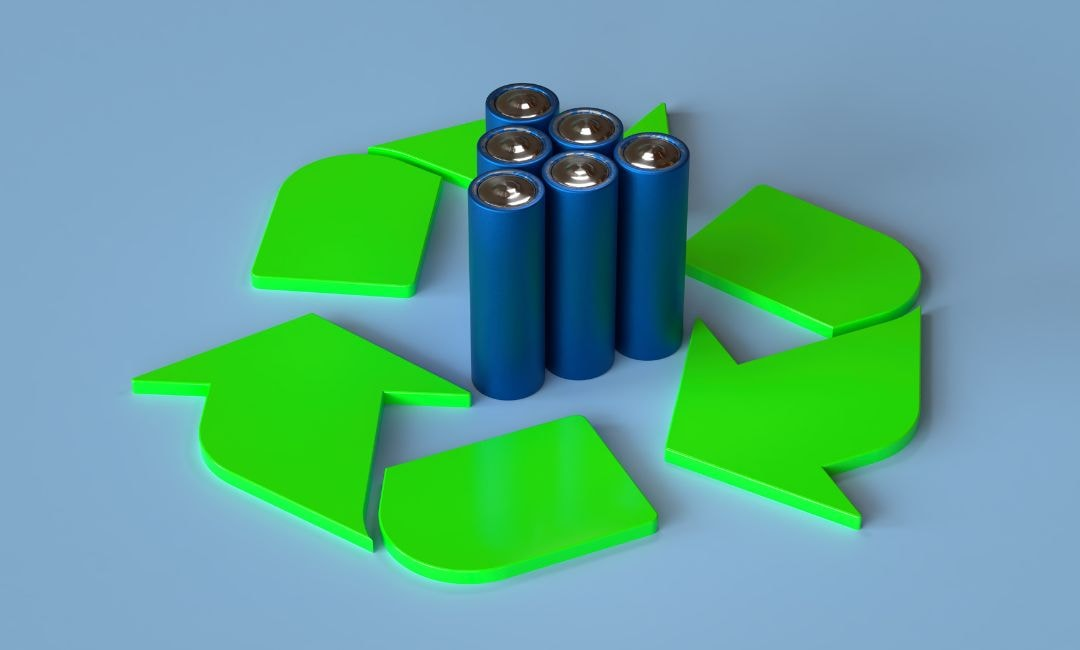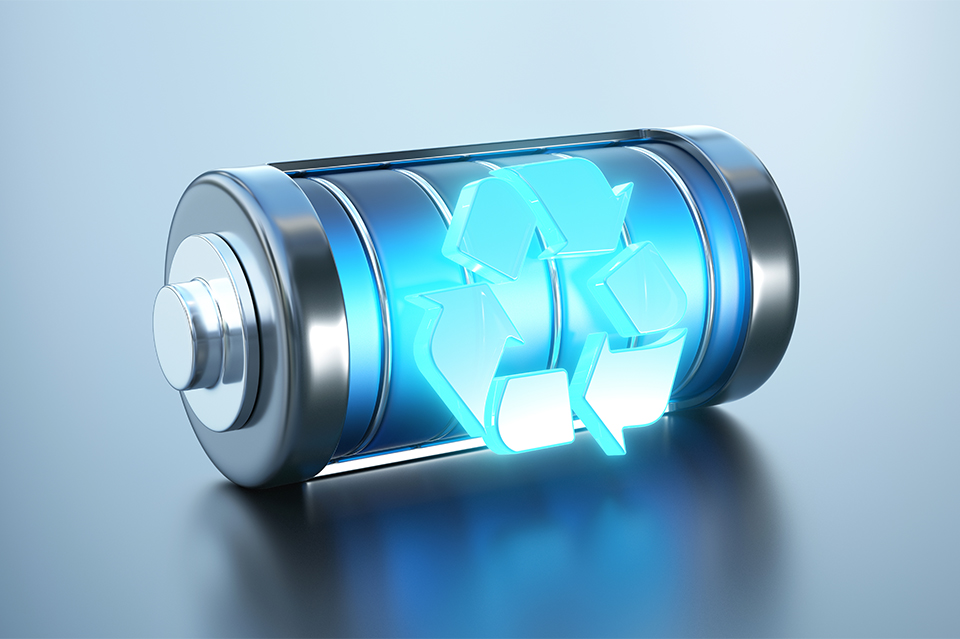That lithium battery powering your equipment seems simple, right? Until it reaches its end. Tossing it isn't just careless; it's o...
![]()
That lithium battery powering your equipment seems simple, right? Until it reaches its end. Tossing it isn't just careless; it's often against regulations and creates real safety hazards. Figuring out the rightway to recycle feels complicated, especially with rules changing.
This guide cuts straight to the facts. We provide the essential knowledge you need for lithium battery recycling in 2025. Properly recycling these batteries significantly reduces environmental harm—sometimes cutting related emissions by over 50% compared to mining new materials.
Here’s what we cover:
● Why recycling lithium batteries is critical now.
● Safely handling and storing used units.
● How to locate certified recycling partners.
● Policy deep dives: Understanding rules and benefits in APAC, EU, and US markets.
At ROYPOW, we engineer high-performance LiFePO4 battery systems for applications like motive power and energy storage. We believe reliable power demands responsible lifecycle planning. Knowing how to recycle is key to using lithium technology sustainably.
Why Recycling Lithium Batteries Is Critical Now
Lithium-ion batteries are everywhere. They power our phones, laptops, electric vehicles, energy storage systems, and vital industrial equipment like forklifts and aerial work platforms. This widespread use brings incredible convenience and efficiency. But there's a flip side: millions of these batteries are reaching their end-of-life right now, creating a massive wave of potential waste.
Ignoring proper disposal isn't just irresponsible; it carries significant weight. Tossing these batteries into regular trash or mixed recycling bins poses serious fire risks. You've likely seen news reports about fires at waste management facilities – lithium batteries are often the unseen culprit when damaged or crushed. Safe recycling routes eliminate this danger.
Beyond safety, the environmental argument is compelling. Mining new lithium, cobalt, and nickel takes a heavy toll. It consumes vast amounts of energy and water, and generates substantial greenhouse gas emissions. Recent studies show recycling these same materials can slash emissions by over 50%, use about 75% less water, and require significantly less energy compared to mining virgin resources. It’s a clear win for the planet.
Then there's the resource angle. Many materials inside these batteries are considered critical minerals. Their supply chains can be long, complex, and subject to geopolitical instability or price swings. Recycling builds a more resilient, domestic supply chain by recovering these valuable metals for reuse. It turns potential waste into a vital resource.
● Protect the planet: Drasticallylower environmental footprint than mining.
● Secure resources: Recover valuable metals, reducing reliance on new extraction.
● Prevent hazards: Avoid dangerous fires and leaks linked to improper disposal.
At ROYPOW, we engineer robust LiFePO4 batteries designed for longevity in demanding applications, from golf carts to large-scale energy storage. Yet, even the most durable battery eventually needs replacement. We recognize that responsible end-of-life management is a crucial part of the sustainable energy equation for all battery types.
![]()








 粤公网安备 44010602003952号
粤公网安备 44010602003952号